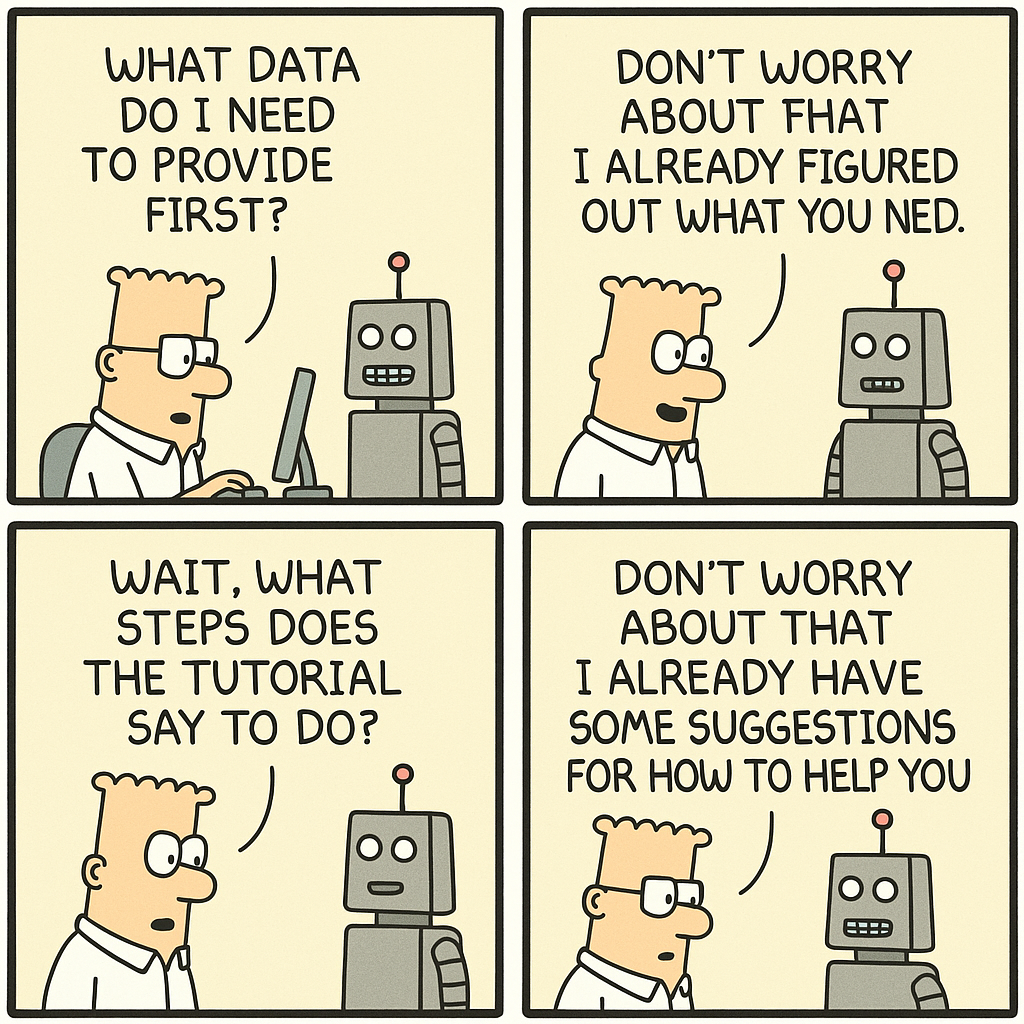My phone rings. My inbox floods. The calls are whispers, fraught with fear. Colleagues, friends – laid off, or waiting for the axe. They ask me how to stand on ground that’s liquefying beneath them. They describe the chill, the emptiness of cleared desks, the calculation in a boss’s glance.
What they paint is a workplace culture drowning in fear. Not just anxiety, but a desperate retreat into shadow. Stay small. That’s the whispered commandment. Keep your head down. Make no waves. Attract no notice. It’s mass camouflage, a shedding of the true self at the office door. People aren’t showing up to work; they’re showing up to hide.
And innovation? Creativity? Risk? Dead on arrival. Who dares gamble when survival means conformity? Who raises a voice when silence seems the only shield? This isn’t caution; it’s paralysis. A slow, incremental death march while the world outside ignites with disruption. Boxes get checked, yes. But the vital spark? Smothered.
Where are the leaders? Not managers – leaders. We hear talk of “change management,” a term too small, too tidy for this chaos. You don’t manage an earthquake. The change now is torrential, remaking the rules faster than we learn them.
This hour demands more than process. It demands anchors in the storm. Brutal honesty, yes. But more: a purpose beyond the balance sheet, a vision worth the struggle. It demands visible empathy, not as tactic, but as truth. It requires building islands of safety where humanity isn’t a liability.
If leadership fails this test – fails to offer more than platitudes, fails to anchor in courage and shared humanity – then it isn’t leading. It’s merely presiding over the quiet suffocation of spirit. And this internal paralysis arrives precisely when the world outside convulses with change, rewritten daily by artificial intelligence that evolves at blinding speed.
That future demands boldness, experimentation, the very psychological safety now being bled out by fear. In creating cultures where people hide, where risk is unthinkable, these leaders aren’t just failing their people. They are actively choosing obsolescence. They are surrendering the future to forces, internal or external, willing to embrace the tools and the velocity of now, while they command battalions of ghosts.
















